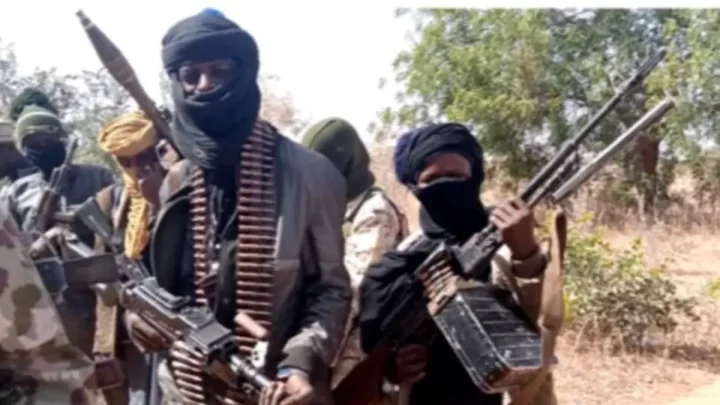
Is insecurity spiralling out of control in Nigeria because of the worsening cases of kidnapping and banditry across the country? Umar Aliyu, a retired military captain, says not exactly.
But the former military intelligence officer acknowledges that the security meltdown in Nigeria is worrisome as, according to him, the government is treating threats to the nation with kid gloves.
Aliyu, a security consultant, also speaks, in this interview monitored on Channels TV, on how Nigerians are inadvertently raising their kidnap/ransom value while giving tips on how the people can beat kidnappers. Excerpts:
Insecurity just got worse with the killing of traditional rulers in Ekiti and Kwara states as well as the kidnapping of the Ekiti school children. Do you think insecurity is spiralling out of control?
Not really! What I see is that we are actually experiencing a meltdown in our security posture in Nigeria and this meltdown is going to inform a countdown to a showdown.
We have been handling these threats with kid gloves, we have been calling the perpetrators names but whatever we do, you can see that, within the last 30 days, these criminals have become more daring, bolder and they really have no respect for any level of authority, be it cultural, religious, military or political. They just do what they will and dare who they will.
If I were to assess this situation from my sideline position, I will say it is a meltdown of security. But we have to show these people that democracy has teeth and, as such, can bite.
Any time I hear of insecurity, the first question I ask is, are the perpetrators above the law? The governor of Plateau State, for instance, just said he was going to see the President after some 64 communities in his state were occupied by non-state actors.
He suggested there are some powerful Nigerians behind some of the attacks in Plateau. The Minister of Minerals made similar reference that some powerful Nigerians are behind some insecurity activities, particularly in the mining area. Then some people spoke about lack of political will to deal with insecurity. I am at a loss...
Yes, you have to be at a loss but then we have to address these issues. I will ask again, who are the powerful Nigerians? Are they faceless and nameless?
If any man lives whose mother is like mine, then you can beat a kingdom. The most powerful Nigerian I know and I stand to be proven wrong is Mr President. So, this idea of telling me some 'powerful Nigerians' are behind insecurity and you can't do anything about it doesn't make sense to me. I once said these problems are not as intractable as they seem. Some people are just cashing in on our weaknesses. It's a simple thing, if you did not meet madness with equal or more madness, as it is often said, you can't solve a problem at the same level with it.
You have to go higher. So, it's simple, who has the job to solve this problem? You put the problem on the table and let him pick the ones he can solve; he gives you a time frame, and the requirements in terms of logistics, finances or whatever it is. Give him what he requires and add a two per cent time frame to what he has requested and if he doesn't come up with results and the money gets spent, then he has to go.
We have to be ruthless with those behind these threats and anybody who cannot provide a solution should just step aside. We have had enough. In the eight years of Buhari, over 17,000 people were said to have been killed while thousands were also abducted and in the last eight months, we lost over 1,800 or so and the numbers are not abating. The bottom line is, we have to lock horns with those behind insecurity in our nation and we have to break horns
Is it true that the reason governors cannot do much is because they don't control the security agencies in their states and they don't have their own security apparatus?
It's part of it but I can tell you that a good majority of them had control but didn't have the will. I will tell you why. As far back as 2015 when this problem was still at its infant stage, I drew a blueprint of what could be done to nip it in the bud. I was able to give it to four governors, then-chief of the army staff, now late, as well as a traditional ruler.
The recommendation in the blueprint was so bold and daring that some of them just could not summon the will and the heart to stamp it and say 'let's do it'. Now the thing is this, if we were to add up all the bandits and all the kidnappers and all the terrorists together, I don't think we are going to get 100, 000 people but they have spread all over the country because each operation they carry out and execute successfully emboldens aspiring bandits.
It becomes a cash cow, they can walk in and walk out as they like. But, you see, if you are ruthless to one out of 100, you send a message to the remaining 99. If you are compassionate with one, saying he is repentant, 'let's forgive him', you also send a message out to others. Now, in my profiling of banditry, they see dialogue, superior arguments and sound reasoning as a sign of weakness. This kind of people only understands brute force and that's what their leaders lead them with. Brute force and fear is what I believe in. They don't see the superiority of the state as anything. They don't see the magnanimity of a governor as anything; they see it as profound weakness. So, we have to speak to them in the language they understand.
Is this part of the proposition you made to the governors...
That was it, and, about seven years later, I had to modify it, and this modification had to do with having an eye in the sky. You see, there is something about being seen, if you are seen and there is no place for you to hide, you have to leave because we are going to see where you came out from and how you went back there. If I want to be mischievous while you are still there, I can even broadcast it and the world would watch it live and see how you retreated and went back to your hideout.
So, when you know that we know, you will definitely have to leave. All these recommendations have been forwarded to people who are close to the authorities but I don't know whether they developed what I can call cold feet. So, indeed, there are people who see the need to solve this problem but lack the will to solve it.
Is it a problem of the will or that of the so-called powerful Nigerians who are trading in people's blood and lives?
Let me tell you something about the 'powerful Nigerians' who are behind insecurity. I assure them that when these rascals we call bandits are done, they (bandits) will question their own power over them. We have seen it happen in Borno State when someone deemed it fit to turn political thugs to a private army and one day they reached for his own jugular. That was what brought about Boko Haram. So, if you think you are feeding a dog or a hyena to misbehave, when he is done misbehaving he is going to question you who fed him too.
What do you say about the need to take a decisive action? Is that the only solution?
As I said, the problem is not intractable. There are solutions, but the solutions once they are proffered, sent across, they encounter what you can call hiccups or even roadblocks that just stagnate them. When you start pushing solutions to the same set of people and you are not getting anywhere, and my understanding of the situation with my kind of training as an intelligence officer is that, you begin to get tired and the worst thing you can do in our kind of business is to continue to complain.
In what ways can Nigerians contribute to their own safety?
Indeed, there are three areas where we need to talk to Nigerians through what we call contact point of average Nigerian with insecurity as it were. First, we have to learn how to move and how to live. How to move is actually your journey management, even in movements around town, you must ensure that you cut out those unnecessary movements. There is this thing we have in Nigeria about having to be physically there. It is not everything about us now that you have to be physically there. Some people believe that if you don't come in person you are not serious.
There is a lot you can do with that device in your hand called a phone. That's one example of movement and then when you are going somewhere, for God's sake, at least one person close to you should know because it limits the stress in rescuing you if you get into trouble. My example is that, if I am travelling, I do a text message to my wife and I tell her the time and place that I am and I send it; it doesn't matter when she gets it. But if I can't be found, she knows I got to XYZ place.
So, the search starts from there. That's movement. Then how to live: I want to appeal to Nigerians: Please, low profile is the name now. This 'notice me syndrome' we are into is not working. Those of you who spray money and stand on it, these bandits and kidnappers watch TV and they are also on social media; you raise your ransom value, you raise your kidnap value when you go about doing such things. I am not questioning how you got your money and I am not going to tell you how to spend it, but I don't think you want to end up on someone's kidnap list. That's how to live. Security departments in work places, on their part, have to understand something, so do employers and employees. Security checks should no longer be embarrassing or inconveniencing to anyone. Take time to comply with those little security measures that your security men seem to put in place. It's not meant to oppress you, it's not meant to harass you but to make it a bit more difficult for anyone to get you.
Nigerians register their phones for security reasons. How do you respond to the effectiveness of this measure?
It' quite unfortunate that the man who brought the National Identification Number, NIN, is the one now complaining that it's not being used. What I want to tell you is that, no crime cannot be technologically traced and, when you see a solution for the system you prescribed not working, you have people who are complicit right in there. Let me give you an example. Despite the stance of our Inspector General of Police, IGP, we still see policemen who are still not awake to the fact that everything you are doing today is under surveillance, some are even caught in cameras demanding for bribes, some are even giving account numbers; why should you ask for someone's account number? So, basically, it is back to what I told you that we have to know who's bad with security matters in this country. If you are a law enforcement officer and there has been responsibilities placed on you and trust for you to protect people, and you turn a rogue and become the one who is going to exploit your people, where ordinary citizen will be punished like once, you should get 10 times the punishment. You see, when we are that firm and decisive with people who do it wrong, the message behind it spreads.
Can you share with us the political angle to insecurity?
Well, I will say it is like... Let me give an example, it's like a mop and the flood analogy. The army will mop and mop until they are battle weary except, of course, if our politicians stop pouring water on the ground. You see, irresponsible political conduct and exclusivity of governance is what causes a lot of the things you are seeing. So, the military guys are just there, they will keep fighting to put things in the balance until they become battle weary; that's another thing we are not looking at. A soldier can be battle weary and anxiety and depression set in when all you have to do is to fight back-to-back day-by-day, and then you start seeing soldiers misbehaving and that could be why a soldier took on a governor the other day. It is part of what you call battle weariness. So, when you have people who are masters of the act of creating problems, then you are going to be seeing a merry-go-round effect.
They are going to be creating more problems. So basically, our politicians have to come to terms with themselves and say: "Listen we must begin to behave more responsibly", because leading by example is a very strong social driver of good governance. You are examples as politicians, human beings are social by nature and we copy easily
What is your take on public officials pointing accusing fingers at one another with regards to insecurity in the land?
I think like the 400 sponsors of terrorism the United Emirates listed have been nameless. So, if we don't take the approach of calling people out, then these things will just continue to deteriorate day-by-day.

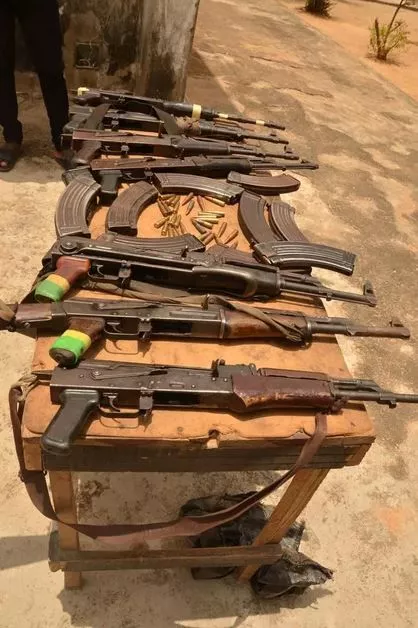
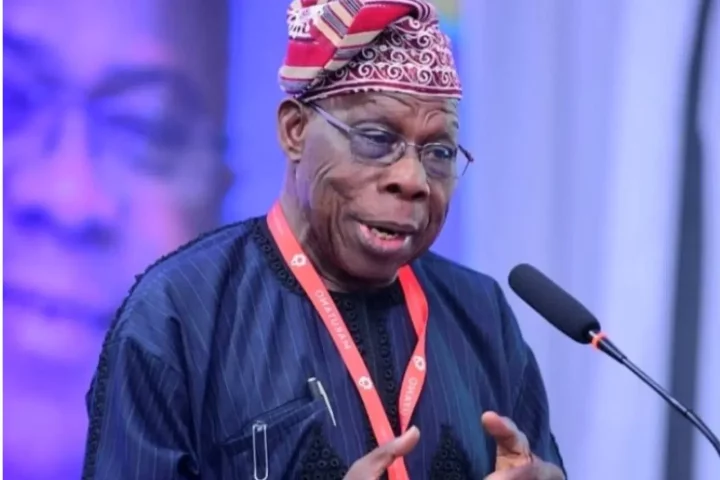
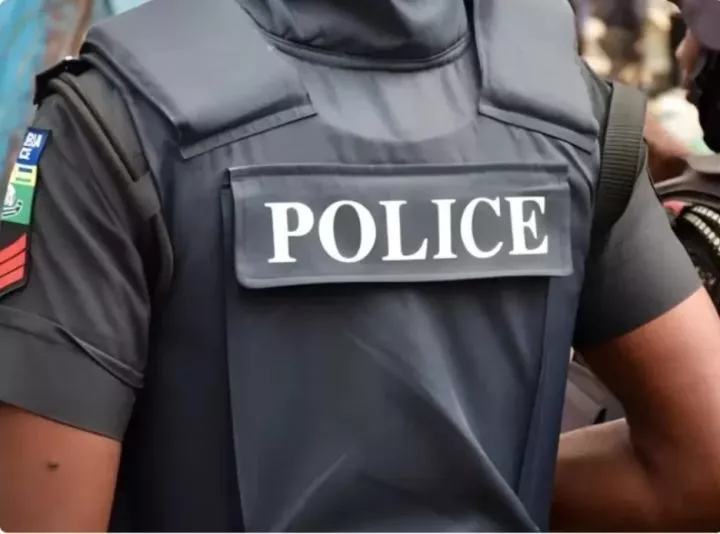
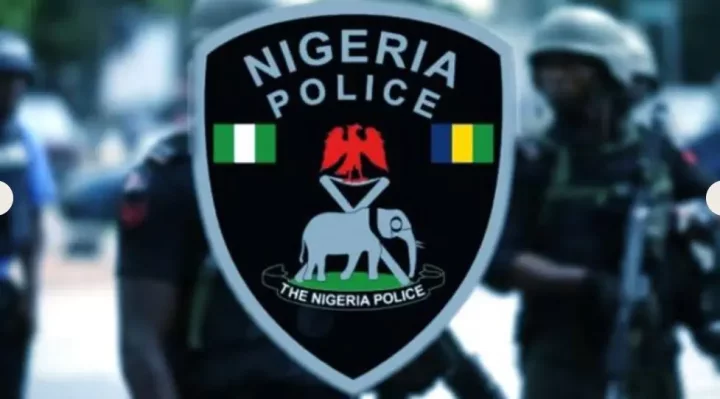

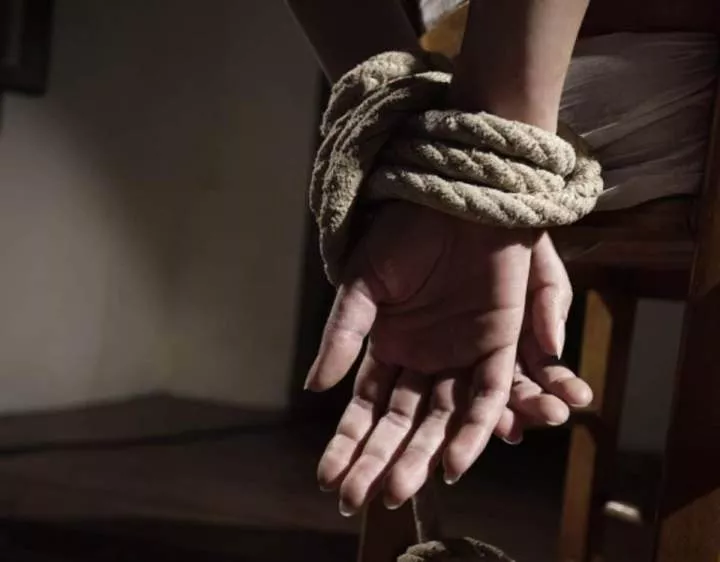

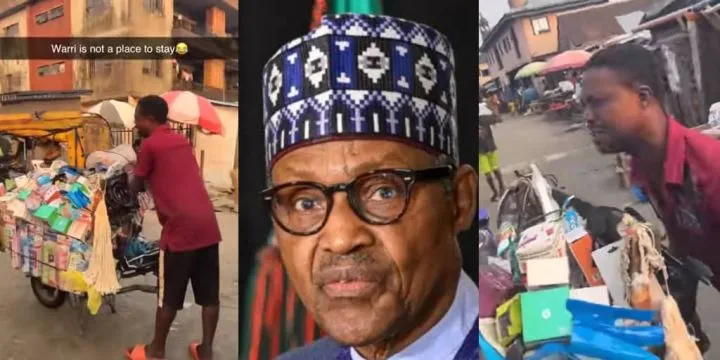



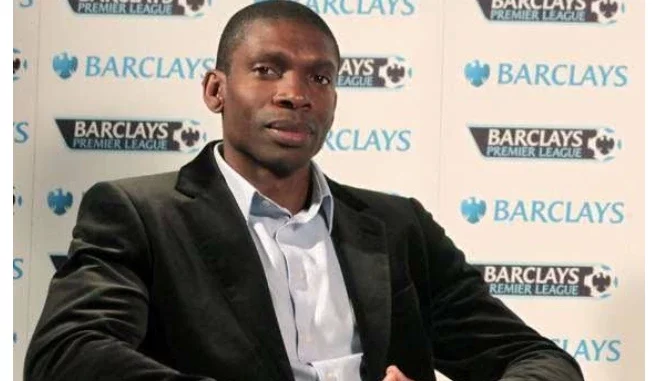


Comments